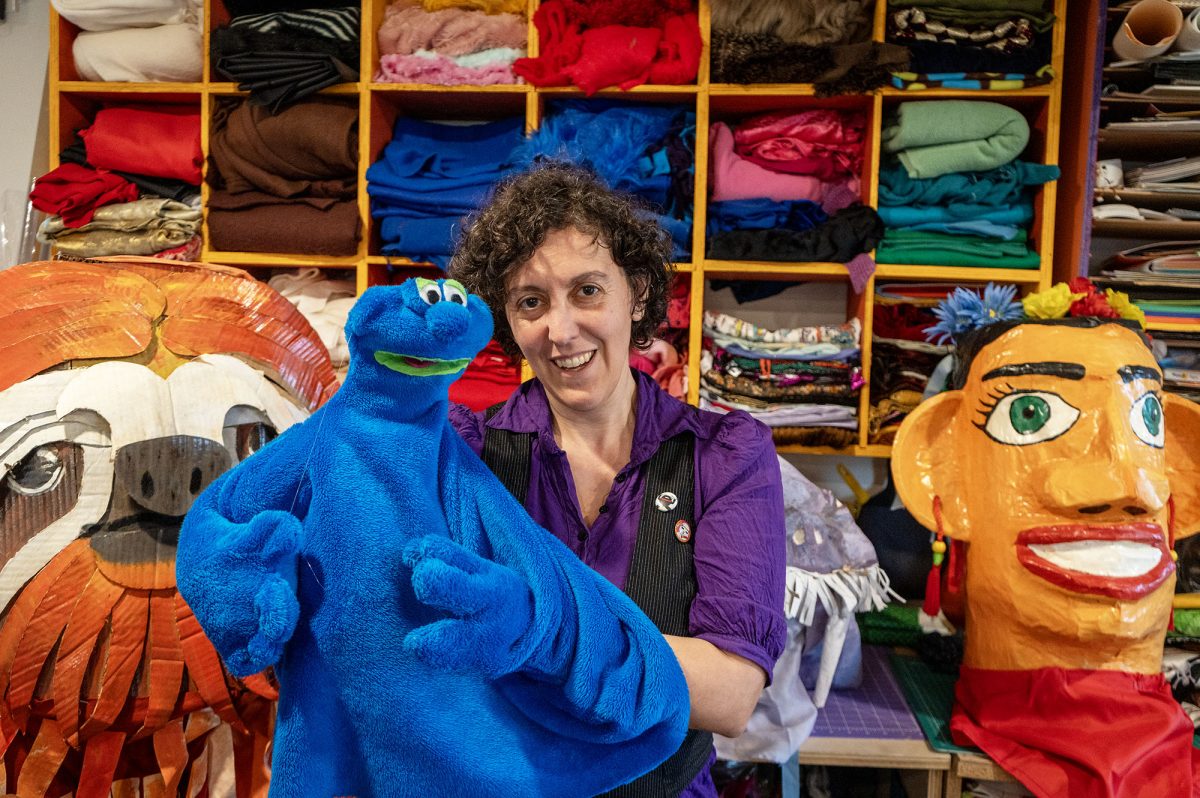Contributing writer Sage Daugherty spoke with Dennis about the inner workings of the WeeBot project and her future plans.
Sage Daugherty: Who is eligible to participate in this program?
Carole Dennis: We didn’t know what the age limit might be, or how young it could be provided. We know that typically, developing infants usually start creeping somewhere between six and 10 months of age, and we knew that if it was possible, we’d love to be able to provide movement opportunities to babies with disabilities at least around the same age, so we ran some trial sessions.
SD: What role did the students involved play in this research process?
CD: Students in this program, occupational therapy, are required to do a research project in their graduate year, and some of them do it individually, but most prefer to get involved in a group that a faculty member leads. They’re involved in everything; they help build the robots. They had to figure out how to make a workable joystick. The students who were involved last year and the year before also presented at the American Occupational Therapy Association, so they got to present their research nationally.
SD: Is it your end goal to make the WeeBot accessible around the country or even the world?
CD: That is, for sure that is. We need a little bit more work for safety reasons. The sonar isn’t foolproof. We don’t know why it isn’t, but it isn’t. If you took the robot up to a set of stairs, it wouldn’t see that the stairs are going down because it doesn’t see anything in its way. That wouldn’t be the safest thing in the world. We think that laser may be the answer, and that is available on a more expensive robot.
SD: Would you say the WeeBot program in the future should be used for every single infant or just infants with disabilities?
CD: A lot of people ask that. Have you seen the movie “WALL-E?” So you know, some people fear that we would have a bunch of WALL-E’s driving around and never going anywhere. I think there’s no reason to give a robot to typically developing kids. That said, I don’t think it would do any harm if it was a plaything. But they shouldn’t spend a lot of time in it. We don’t want it to take the place of walking, unless you’re never going to be able to walk. We want it to be a way to have mobility before you can have it yourself.








